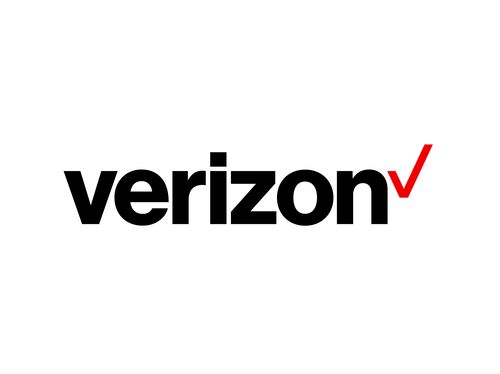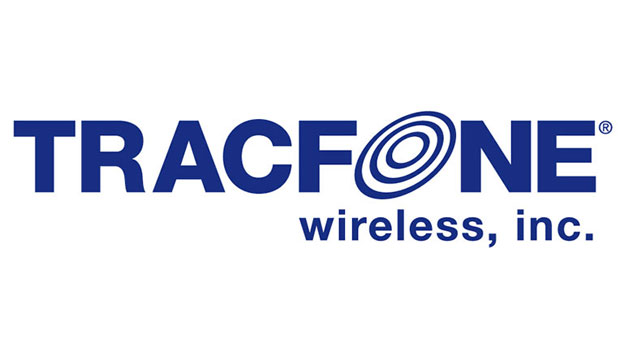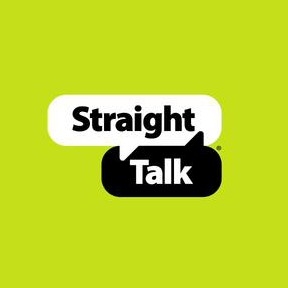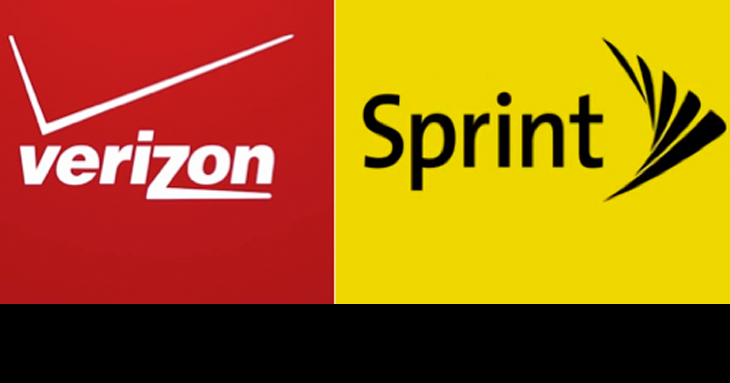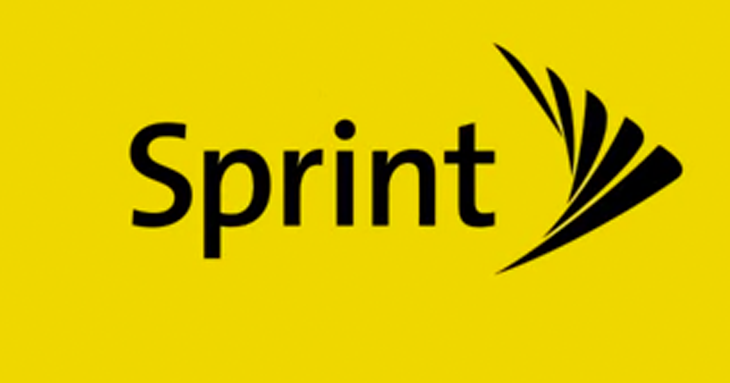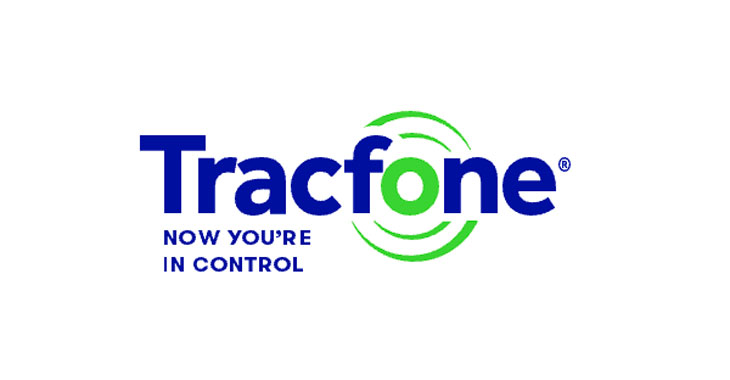
TracFone Wireless
Allegations: Misrepresenting that it protects customers’ personal information when it failed to do so and there was a data breach in 2021
In March 2020, a class-action lawsuit was filed against Verizon Wireless alleging that its May 2019 Mother’s Day promotion was a bait-and-switch scheme. Specifically, plaintiffs claim that the company falsely promised that consumers who bought an iPhone XR, iPhone XS MAX, iPhone XS, or iPhone X as part of the promotion would get a free iPhone XR when, according to plaintiffs, consumers received a charge for the “free” iPhone on their next bill. (Wise et al v. Verizon Wireless Services, LLC, Cellco Partnership, both d/b/a Verizon Wireless et al, Case No. 60CV-20-1970, Arkansas State Court, Pulaski County)
For more of TINA.org’s coverage of Verizon, click here.
Allegations: Misrepresenting that it protects customers’ personal information when it failed to do so and there was a data breach in 2021
Allegations: Misleadingly representing that Verizon is committed to protecting the environment and people when its cables are covered in toxic lead
Allegations: Falsely advertising that phones are unlocked
Allegations: Charging subscribers more than the advertised rate by adding an undisclosed fictitious fee to their monthly bills
Allegations: Falsely advertising monthly rates of wireless service plans
Allegations: Falsely advertising monthly rates that do not include an “Administrative Charge”
Carriers facing challenges to advertisements.
Expecting cold hard cash out of this offer? Think again.
All told, that’s $290M going back to wireless consumers who federal regulators said were unfairly charged.
Self-regulatory group tells Sprint to drop advertising claims following T-Mobile complaint.
Digging into the fine print and details behind four recent ads.
